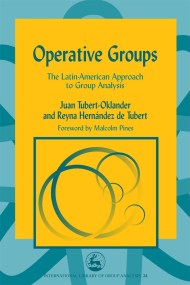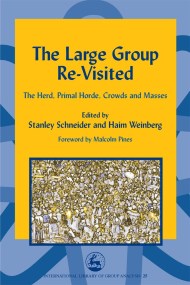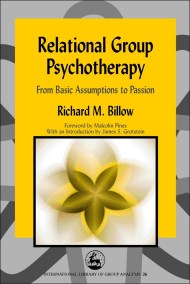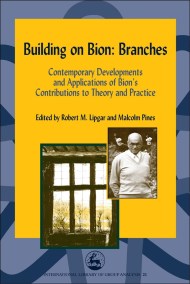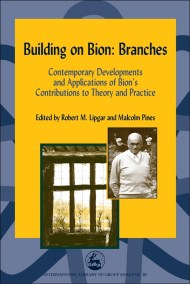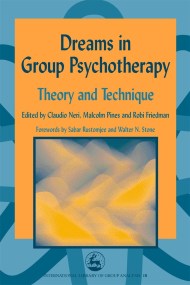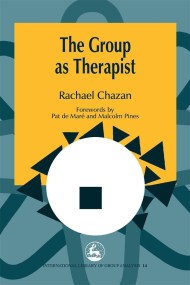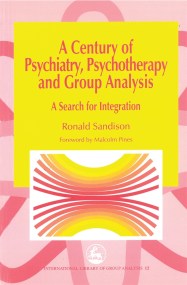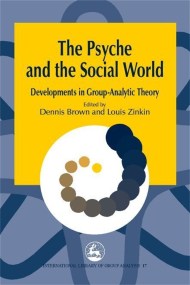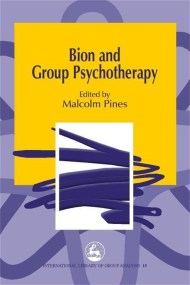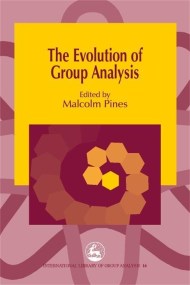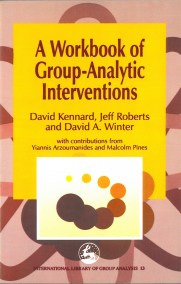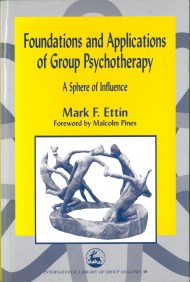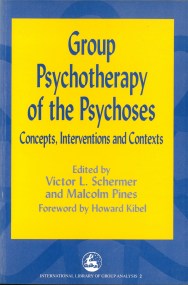Operative Groups
On sale
18th September 2003
Price: £34.99
Selected:
ebook / ISBN-13: 9781846424274
This book is written by two Mexican analysts presents some new untapped regions of group analysis. The approach described by the authors is remarkable in terms of the disciplined and scientific attempt to apply psychoanalytic concepts to the work with groups.’
– Psychologist-Psychoanalyst
‘Combined, [the authors] have tremendous clinical experience and a most impressive knowledge of psychoanalysis, group analysis and the Latin American schools of group psychotherapy… The present book is a major contribution to the network of group-analytic knowledge at the beginning of the 21st century.’
– from the Foreword by Malcolm Pines
Group therapy and other dynamic approaches to the co-ordination of groups may focus either on the individual psychodynamics or on the group-as-a-whole. In Britain, group analysis developed as a group-centred approach of both therapeutic and non-therapeutic groups, from the foundational work of S.H. Foulkes. But there has been another, independent, Latin-American school of group analysis, which originated in Argentina as a result of the work and teachings of the Swiss born Argentine psychoanalyst Enrique Pichon-Rivière.
This volume is a thorough introduction to operative groups. It starts by guiding the reader through the ideas of Pichon-Rivière, who conceived operative groups as a whole way of thinking and acting in groups, and then shows how the two schools of group analysis – the British and the Latin-American – coincide and inter-relate, shedding light on the theory behind both and including useful case material of various kinds of groups to illustrate such theory.
This is the first book to be published in English that makes available the work of the Latin American school of group analysis. It will be a thought-provoking read for group analysts, psychotherapists and social scientists in all parts of the world, and for all therapists and analysts interested in developing the theoretical underpinning of their work.
– Psychologist-Psychoanalyst
‘Combined, [the authors] have tremendous clinical experience and a most impressive knowledge of psychoanalysis, group analysis and the Latin American schools of group psychotherapy… The present book is a major contribution to the network of group-analytic knowledge at the beginning of the 21st century.’
– from the Foreword by Malcolm Pines
Group therapy and other dynamic approaches to the co-ordination of groups may focus either on the individual psychodynamics or on the group-as-a-whole. In Britain, group analysis developed as a group-centred approach of both therapeutic and non-therapeutic groups, from the foundational work of S.H. Foulkes. But there has been another, independent, Latin-American school of group analysis, which originated in Argentina as a result of the work and teachings of the Swiss born Argentine psychoanalyst Enrique Pichon-Rivière.
This volume is a thorough introduction to operative groups. It starts by guiding the reader through the ideas of Pichon-Rivière, who conceived operative groups as a whole way of thinking and acting in groups, and then shows how the two schools of group analysis – the British and the Latin-American – coincide and inter-relate, shedding light on the theory behind both and including useful case material of various kinds of groups to illustrate such theory.
This is the first book to be published in English that makes available the work of the Latin American school of group analysis. It will be a thought-provoking read for group analysts, psychotherapists and social scientists in all parts of the world, and for all therapists and analysts interested in developing the theoretical underpinning of their work.
Newsletter Signup
By clicking ‘Sign Up,’ I acknowledge that I have read and agree to Hachette Book Group’s Privacy Policy and Terms of Use
Reviews
`This book is written by two Mexican analysts presents some new untapped regions of group analysis. The approach described by the authors is remarkable in terms of the disciplined and scientific attempt to apply psychoanalytic concepts to the work with groups.'
`Combined, [the authors] have tremendous clinical experience and a most impressive knowledge of psychoanalysis, group analysis and the Latin American schools of group psychotherapy… The present book is a major contribution to the network of group-analytic knowledge at the beginning of the 21st century.'


